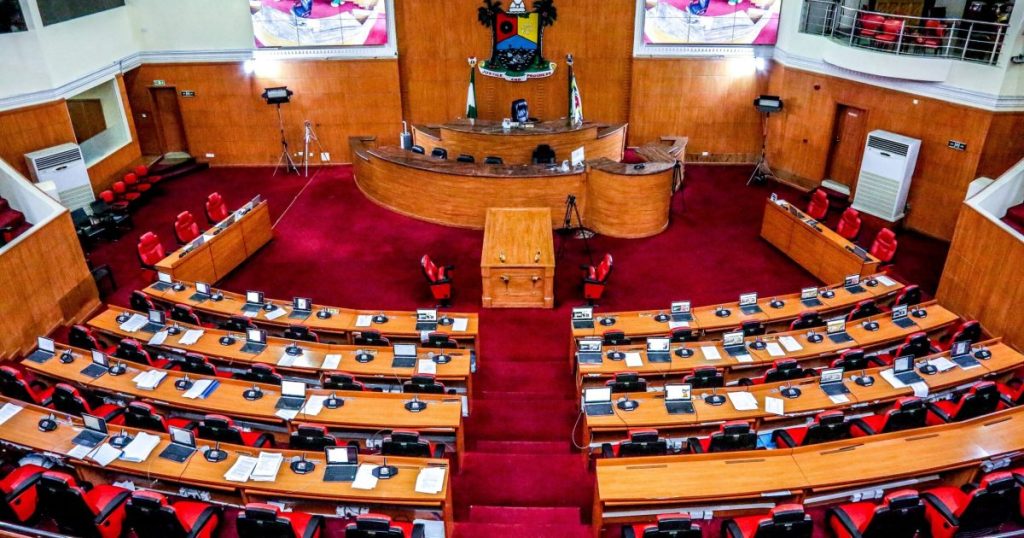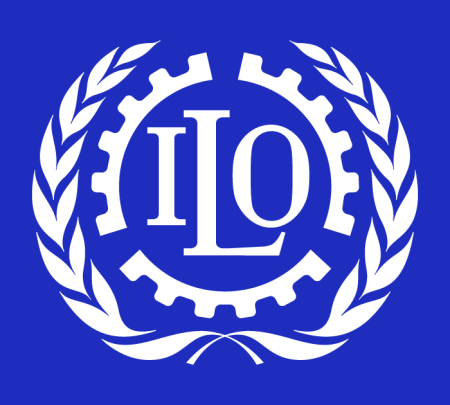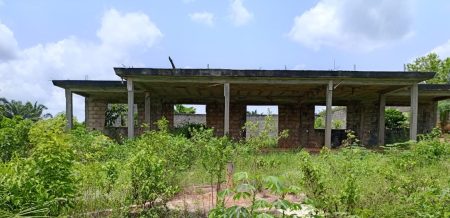The Turmoil at the Lagos State House of Assembly: A Clash of Power and Procedure
The Lagos State House of Assembly, a body entrusted with the legislative responsibilities of Nigeria’s bustling commercial hub, has found itself embroiled in a protracted crisis, a drama marked by power struggles, legal battles, and accusations of procedural impropriety. The recent sacking of the acting clerk of the House, Ottun Babatunde, by the National Industrial Court represents another twist in this ongoing saga, further complicating the already tangled web of political maneuvering and legal challenges. This decision, stemming from a suit filed by the former clerk, Olalekan Onafeko, has reignited the controversy surrounding the leadership and operations of the assembly, raising questions about due process, the separation of powers, and the stability of the state’s legislative arm.
The genesis of this current crisis can be traced to the removal of the former Speaker, Mudashiru Obasa, in January. Subsequently, Mojisola Meranda was appointed as the new Speaker, a development that appears to have triggered a chain reaction of disputes and legal actions. Onafeko, who held the position of clerk under Obasa, was replaced by Babatunde under Meranda’s leadership. Contesting this change, Onafeko approached the National Industrial Court, seeking an injunction to restrain the state government, the Civil Service Commission, the House of Assembly Service Commission, the Speaker, the Attorney-General, and Babatunde himself from recognizing Babatunde as the clerk. Justice M. N. Esowe granted Onafeko’s application, ordering Babatunde to cease acting as clerk and reinstating Onafeko pending the hearing of the motion on notice. This legal victory for Onafeko marks a significant setback for Speaker Meranda and adds another layer of complexity to the ongoing power struggle within the assembly.
The court’s decision not only adds to the legal imbroglio engulfing the Lagos State House of Assembly but also appears to exacerbate the existing tensions and uncertainties surrounding its operations. The removal of Obasa itself remains a contentious issue, with the former Speaker having also resorted to legal action, challenging his removal and seeking redress. His suit against the assembly and Speaker Meranda further complicates the legal landscape and highlights the deep divisions within the legislative body. The convergence of these legal challenges, coupled with internal disputes and power struggles, has created an atmosphere of instability and uncertainty within the assembly, potentially hindering its ability to effectively carry out its legislative duties.
Adding to the turmoil are reports of security breaches and alleged assaults on personnel from the Department of State Services (DSS). The assembly, having requested increased security presence from the DSS, ironically found itself in the midst of a controversy when DSS officials were reportedly manhandled by individuals within the assembly premises. This incident resulted in the arrest of three assembly staff, further deepening the crisis and raising concerns about security and order within the legislative building. While the DSS has stated its intention to charge the arrested individuals, reports suggest they have been released on bail, adding another layer of complexity to this already multifaceted situation.
The involvement of the DSS in providing security at the assembly, though stemming from a request by the assembly itself, further underscores the tense and volatile atmosphere surrounding the legislative body. The subsequent alleged assault on DSS personnel not only heightens the security concerns but also raises questions about the internal control and management within the assembly. The prompt action by the DSS in arresting the alleged perpetrators indicates a serious approach to maintaining security and order, while the subsequent release of the suspects on bail introduces yet another uncertain element into this evolving narrative.
The ongoing crisis within the Lagos State House of Assembly presents a complex and multifaceted challenge, impacting not only the internal operations of the legislative body but also potentially influencing the broader political landscape of Lagos State. The multiple legal challenges, accusations of procedural irregularities, and the involvement of security agencies all contribute to a picture of instability and uncertainty. The court’s decision to reinstate Onafeko as clerk, while upholding the rule of law, adds another layer of complexity to the already tangled web of political and legal disputes. As the various legal challenges progress and internal power struggles continue, the ability of the Lagos State House of Assembly to effectively perform its crucial legislative functions remains a significant concern. The resolution of this crisis will require careful navigation of the legal and political terrain, with a focus on restoring stability, upholding due process, and ensuring the integrity of the legislative arm of the state government.














